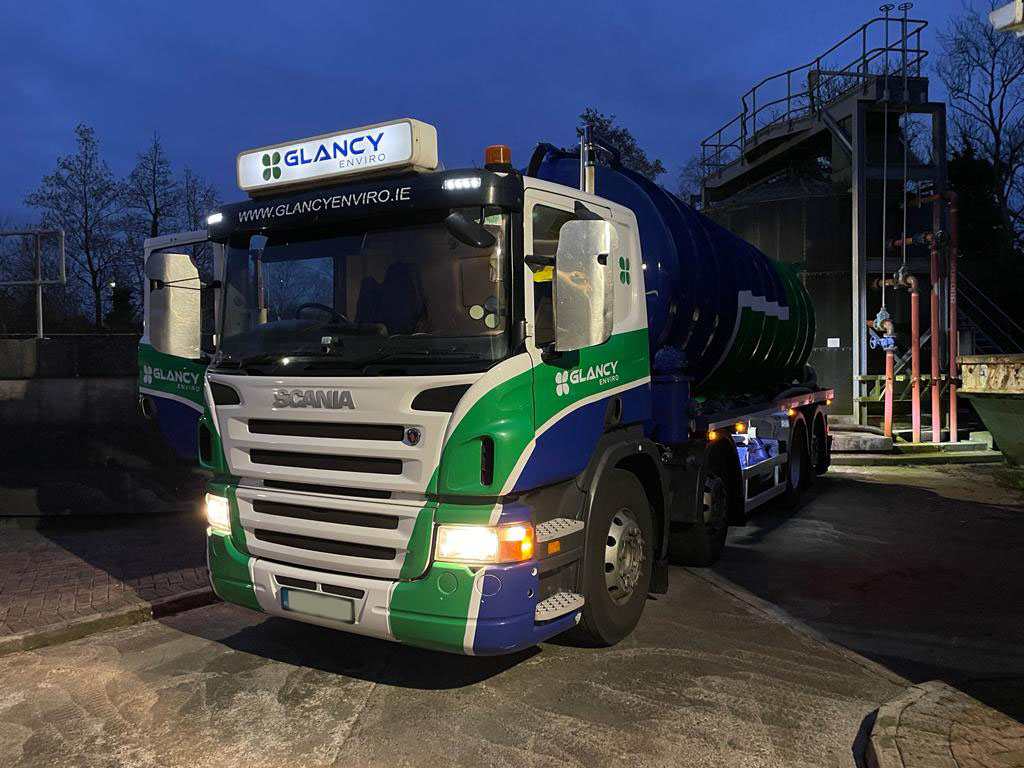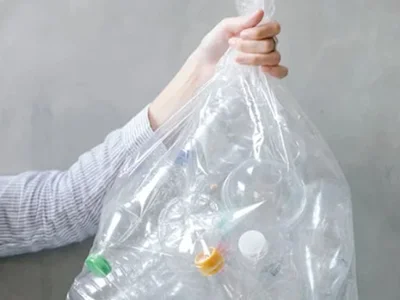The Reclaim Waste Ideas
The Reclaim Waste Ideas
Blog Article
Some Known Factual Statements About Reclaim Waste
Table of ContentsLittle Known Questions About Reclaim Waste.Top Guidelines Of Reclaim WasteAn Unbiased View of Reclaim WasteOur Reclaim Waste StatementsThe smart Trick of Reclaim Waste That Nobody is Discussing
Discover the types, events, and forms of liquid waste. Domestic sewer waste describes the waste and items from a household septic system. This type of waste is created by human beings in homes, schools, and various other buildings. This only consists of septic systems that have a drainpipe area. The proper management and disposal of residential sewage waste call for liquid waste to be transferred to a sewer therapy plant where the correct techniques and tools are put on detoxify and deal with waste.
Business waste typically includes prospective threats, such as combustible materials or a mix of liquid and solid waste items, and calls for an advanced and detailed disposal process. The disposal of business waste generally entails the filtering of waste before transport to make sure secure and appropriate disposal. Hazardous waste is created from byproducts and overflow of commercial procedures and manufacturing.
This sort of waste can not use the very same sewage monitoring transport or processes as septic or commercial liquids. The industrial waste administration procedure requires the assessment and screening of fluid waste prior to it undergoes the disposal process (industrial wastewater treatment). Runoff waste is the liquid waste that originates from runoff and excess stormwater in extremely populated locations or cities
Overflow waste can create contamination and flooding if not handled effectively. Guaranteeing appropriate waste management can prevent catastrophes and reduce environmental harm.
Reclaim Waste Fundamentals Explained
Get in touch with PROS Providers today to learn more about our waste management and disposal services and the correct ways to take care of the liquid waste you create.
(https://telegra.ph/Expert-Liquid-Waste-Disposal-and-Removal-Services-in-Melbourne-11-12)Do you recognize what happens to your water when you draw the plug, flush the toilet or drain the cleaning device? No? Well, it's worth understanding. This supposed 'wastewater' is not only a vital resource yet, after therapy, will be launched to our land, waterways or the sea. Made use of water from bathrooms, showers, bathrooms, kitchen sinks, washings and industrial processes is recognized as wastewater.

water utilized to cool equipment or tidy plant and devices). Stormwater, a form of wastewater, is drainage that flows from farming and metropolitan locations such as roofing systems, parks, gardens, roadways, courses and rain gutters right into stormwater drains, after rainfall. Stormwater flows unattended directly to neighborhood creeks or rivers, eventually getting to the sea.
See This Report on Reclaim Waste
In Queensland, the majority of wastewater is dealt with at sewage treatment plants. Wastewater is delivered from residential or commercial websites via a system of sewage systems and pump terminals, called sewerage reticulation, to a sewer treatment plant. Neighborhood federal governments build, preserve and run most sewer therapy plants. Operators are licensed under the Environmental Management Act 1994 to discharge treated wastewater at an appropriate ecological criterion right into rivers.
The Division of Natural Resources recommends local governments concerning managing, operating and preserving sewage systems and therapy plants. In unsewered areas, city governments may require homeowners to mount individual or house sewer treatment systems to treat domestic wastewater from commodes, cooking areas, washrooms and washings. The Department of Natural Resources authorises using home systems when they are proven to be efficient.
A lot of stormwater receives no treatment. In some new class, therapy of some stormwater Continue to get rid of trash, sand and gravel has started using gross pollutant traps. Wastewater treatment occurs in 4 stages: Removes strong matter. Larger solids, such as plastics and various other items wrongly released to sewers, are removed when wastewater is gone through screens.
Makes use of small living organisms knows as micro-organisms to break down and remove staying liquified wastes and fine particles. Micro-organisms and wastes are incorporated in the sludge.
Fascination About Reclaim Waste
Nutrient elimination is not offered at all sewage treatment plants since it needs costly specialist devices. Clear liquid effluent produced after treatment may still contain disease-causing micro-organisms - liquid waste disposal.

This generally implies wastewater has to be treated or contaminants removed before it can be released to waterways. A lot of wastewater streams right into the sewage system. Under the Act, neighborhood federal governments carry out authorizations and permits for eco relevant tasks (Periods) entailing wastewater releases that could have a local impact. The department carries out authorizations and licences to Periods including wastewater launches that may have a regional or statewide influence.
Not known Incorrect Statements About Reclaim Waste
Otherwise, examples are considered laboratory analysis. Usually numerous tests are required to develop the degrees of each of the various pollutants such as oils, heavy metals and pesticides in water. Surveillance gives accurate info about water quality and can confirm that licence conditions are being satisfied. The information obtained with tracking supplies the basis for making water top quality choices.
Report this page